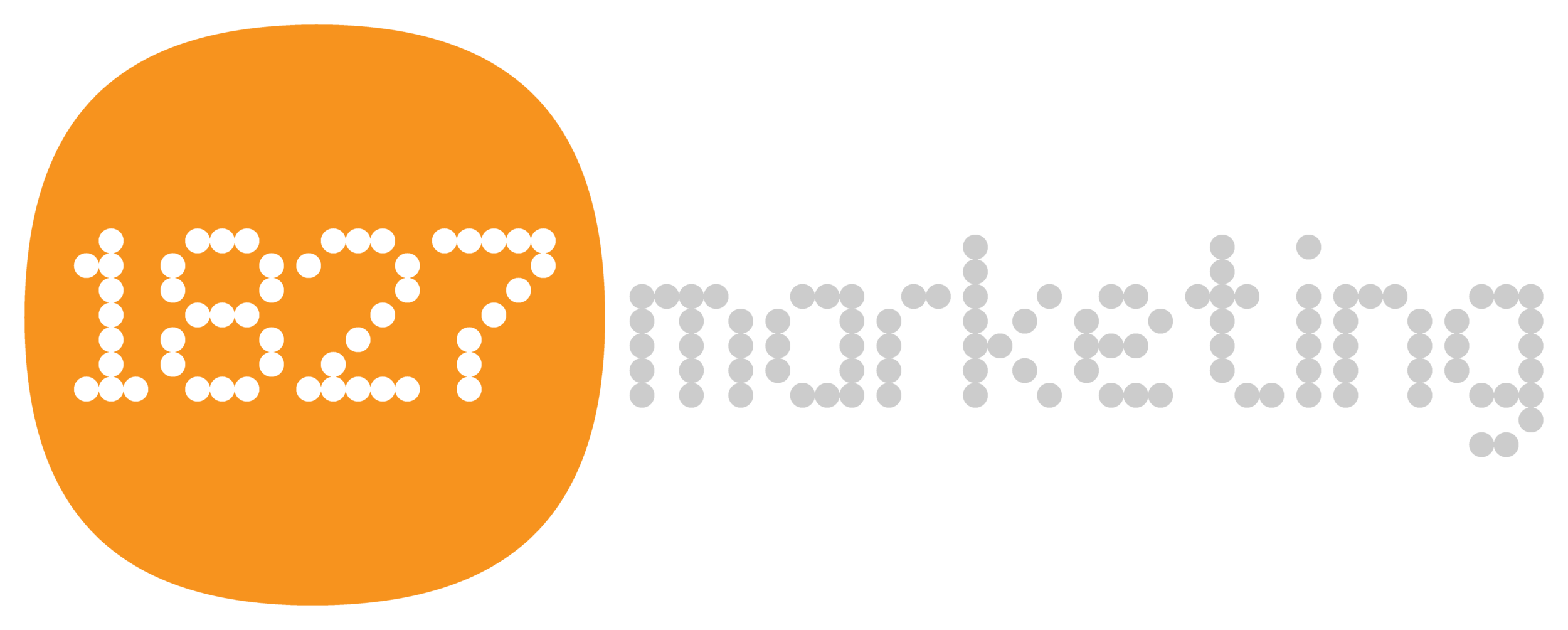How An Innovative Approach to Personal Development Can Lead to A More Satisfying, Future-Proof Career
In the past, people worked behind the same desk or assembly line for their entire lives. While some workers were more mobile than others, most stayed at the same companies for their whole careers.
Fast forward to 2019. There's no such thing as a job for life anymore. Technological and social change has disrupted the job market, and employees routinely jump from opportunity to opportunity or have more than one job concurrently.
Today's Employee Is Always on the Lookout for the Next Big Break
Job switching and moonlighting isn't a new phenomenon. This can be especially true among millennials who don't tend to settle into their "real career" for at least ten years after joining the workforce. While some employers are enjoying the benefits of an invigorated and professionally curious workforce, others are worried that the trend for workers looking for personal growth and professional development opportunities increases their churn rates and hiring costs.
According to statistics released by the London based life insurance company LV=, most workers today change positions every five years. Many of these job switches will keep the employee travelling along the same career path, but not all. It is estimated that most modern-day workers will completely change the trajectory of their careers at least once during their lifetime – and some as many as three times.
The reasons for this don't always lie with employee dissatisfaction and a need for self-development. All-too-often, workers are forced to look for a new career when their market undergoes drastic changes. Take the publishing industry, for example. While print media was the mainstay of the publishing world for nearly 100 years, by the mid-1990's things were changing. The internet pushed many print publications out of business; replacing them with cheaper to produce online versions instead. Twenty years ago, you could barely walk down a street any town without seeing a bookstore or newsagent. Today even the biggest among these sellers are struggling or gone. The 21st-century reader gets their news on their tablet or smartphone, rather than a print newspaper or magazine. Books are affected too. Libraries that once had shelves filled with hardbacks are now smaller buildings featuring rows of computers and online ebook collections instead.
So, what happened to all of those writers, editors, proofreaders and printers? They had two choices: change with the times or get out of the business altogether. Too many found themselves unemployed because they couldn't find ways to remain relevant in a changing industry. Those who managed to make the changes necessary weren't lucky; they were smart.
It is Possible to Remain Relevant in Your Industry
With more and more jobs disappearing every year due to technology and volatile job markets, it is more important than ever for today's modern employee to find ways to remain relevant; no matter what the field. It doesn't matter what you do or how much education you have; the fact is that your job may be the next to go. Millennial workers seem to accept this as fact, and they are not shy about positioning themselves in the working world in a way that allows them to move from job to job – and career to career – with ease.
We can all take a cue from this generation of workers. To survive in an ever-changing work environment, employees have learned the importance of non-complacency. Instead, it's best to be always alert to future trends, the next opportunity, and your potential subsequent career shift. Being able to spot a new point of differentiation before your competitors in the job market is the key to thriving in a fluid landscape driven by change and strategic innovation.
However, learning to recognise job growth in new areas is only one part of a complicated puzzle when it comes to remaining relevant in your field. Today's youngest workers have learned how to use the strategic innovation methodologies once reserved for business to create their own highly specialised niches, build a personal brand, and focus on their personal development in ways that allow them to define adaptable careers that can flex to the market.
7 Innovative Ways to Approach Personal Development
Use Small to Your Advantage
I am not telling you to stop dreaming big. However, it is worth considering that businesses and business people who are satisfied to remain smaller are more agile and in a much better position to switch gears and try something new when the opportunity arises.
Take a look at Japan. Tokyo Shoko Research company estimates that 20,000 businesses in the country are more than 100 years old, including several that are more than 1,000 years old. The key to their longevity? It is a simple philosophy that demands a focus on a particular belief or credo in place of solely making money. These businesses are usually family-run operations that run with more emphasis on making a difference. In the end, they not only survive – they thrive.
As Japanese entrepreneurs have learned: thinking small can lead to big things! It takes guts to say no to fast growth or the promise of significant financial gains to build a legacy that lasts the test of time.
Don't Be Afraid to Stray From the Norm When It Comes to Educating Yourself
Some of the world's biggest profits have come from innovations that people mocked initially. Taking an innovative approach to your personal development may require the same kind of strength and courage.
For the last 50 years, the mantra was that getting a university education would guarantee you a prosperous life and a stable career. Yet, moguls like Steve Jobs and Bill Gates have proven that a college degree isn't necessary to make your mark on the world. Both of these men dropped out of college and discovered their individual path to success.
Not everyone has what it takes, or wants to make the sacrifices necessary, to transform a new idea into a billion-dollar empire, but even just building your career requires stepping outside of the norm and taking a few risks. This may include getting your education in a less than traditional manner.
There are plenty of ways to learn and gain the experience necessary to branch out from what you are doing now to become a leader in a brand-new field. Here are a few ways today's innovators are finding to learn what they need to know to start a whole new career:
Online certifications: It doesn't matter what you want to study, chances are there is an online program somewhere that can give you what you need to get started. From learning graphic design, photography, writing and coding, to marketing, journalism and data visualisation, MOOC's (Massive Open Online Courses) offered by colleges and universities on platforms such as Coursera, edX and FutureLearn can help you broaden your knowledge for free. Many learning institutions also offer in-depth online distance learning opportunities for a fee. You can also check out platforms such as LinkedIn Learning, CreativeLive and Skillshare to create a learning plan personalised to your goals.
YouTube Videos: You can indeed find a video about anything on YouTube. Maybe you want to enter a field you know nothing (or very little) about, or perhaps there isn't a formal education route out there for it yet. That's okay. Thanks to the internet, you can begin learning from your home computer. People love to share their expertise, and YouTube has given them a platform to do just that. Use it to your advantage and learn from the world's leaders in any, and every, industry.
Podcasts: Similarly, there are podcasts available for free on every subject from world-class experts in their fields. Fire up iTunes and spend some time exploring what’s available to educate and inspire.
Look for Specialisms and Niches
Business is always evolving, and the pace of change is accelerating, with new forms of work and opportunities for development sprouting up continuously. This can open opportunities you never even thought were possible if you are open to the possibility of change, and on the lookout for it when it comes your way.
Every industry sports hundreds – if not thousands – of smaller niche opportunities for those willing to recognise them. Taking notice of the unique needs of specific segments and niching down can help you to boost your career development and standing as an industry leader.
Get Serious About A Side Hustle
Maybe you like your day job, but have a passion project that energises you. Turn those speciality projects into a side hustle and then use them to your advantage at your everyday job. Maybe you work as an editor by day, but you're a travel blogging maven and social media guru after hours. Not only can your personal project bring you an extra income stream, but you can also use the skills you pick up to seed your career development.
Think About Your Personal Brand
Branding isn't just for big companies and their products. Setting yourself up to become the "person in the know" at your workplace or industry is going to set you apart from the pack and make you indispensable. Begin by creating a strong professional social media presence, and meaningful blog focused on your area of expertise and aimed at your potential clients. You could position yourself as an expert available for interview on local radio or television, or write a guest column for a magazine or newspaper. All of these things can help jumpstart your branding, leaving people ready to call you when they need an answer in your field of expertise.
Write a Book
One of the best ways to position yourself as a leader in your industry is to publish a book. It can be for those in your field or the general public. The key here is getting your face and name out there for all to see and recognise. You may not be a prolific writer, and you don't have to be as long as you have the ideas. You can hire a ghostwriter to handle the word crafting.
Find a Like-Minded Group for Inspiration
Avoid getting stale by surrounding yourself with other learners and innovators. Whether you meet up online or in real life, working on your personal development as part of a group can inspire you in new directions, help shape your ideas, and give you the sort of structure and accountability that can build unstoppable momentum.
Developing a robust innovation strategy isn't always about building something new but building on what is already there to make it better. The same is true when it comes to your ability to grow as a person and in your career.
Take the time to find unique ways to create a presence for yourself in the area of interest that grabs your attention. Whether it means finding a niche to slip into or looking for a new way to educate yourself in a field you enjoy, be willing to use an innovative approach to finding the career of your dreams. Also, don't discount the value of being prepared to switch directions entirely when new and exciting opportunities arise.
Thriving in today's moving workforce means taking a different approach than our parents and grandparents did. Today's workers are on the move, and that sometimes means moving right out of one area of interest and jumping into another without fear. There's a big world out there to explore. Isn't it time you allowed yourself the freedom to see what new and existing job opportunities are waiting for you?
Find out how 1827 Marketing can help
If you’d like to learn more about our software and services, use the button below to book a call. We’re always interested to hear about your B2B marketing objectives and to find out if we can help.






To meet escalating demands, B2B marketers must transform their approach, ensuring every activity contributes directly to customer satisfaction and business performance